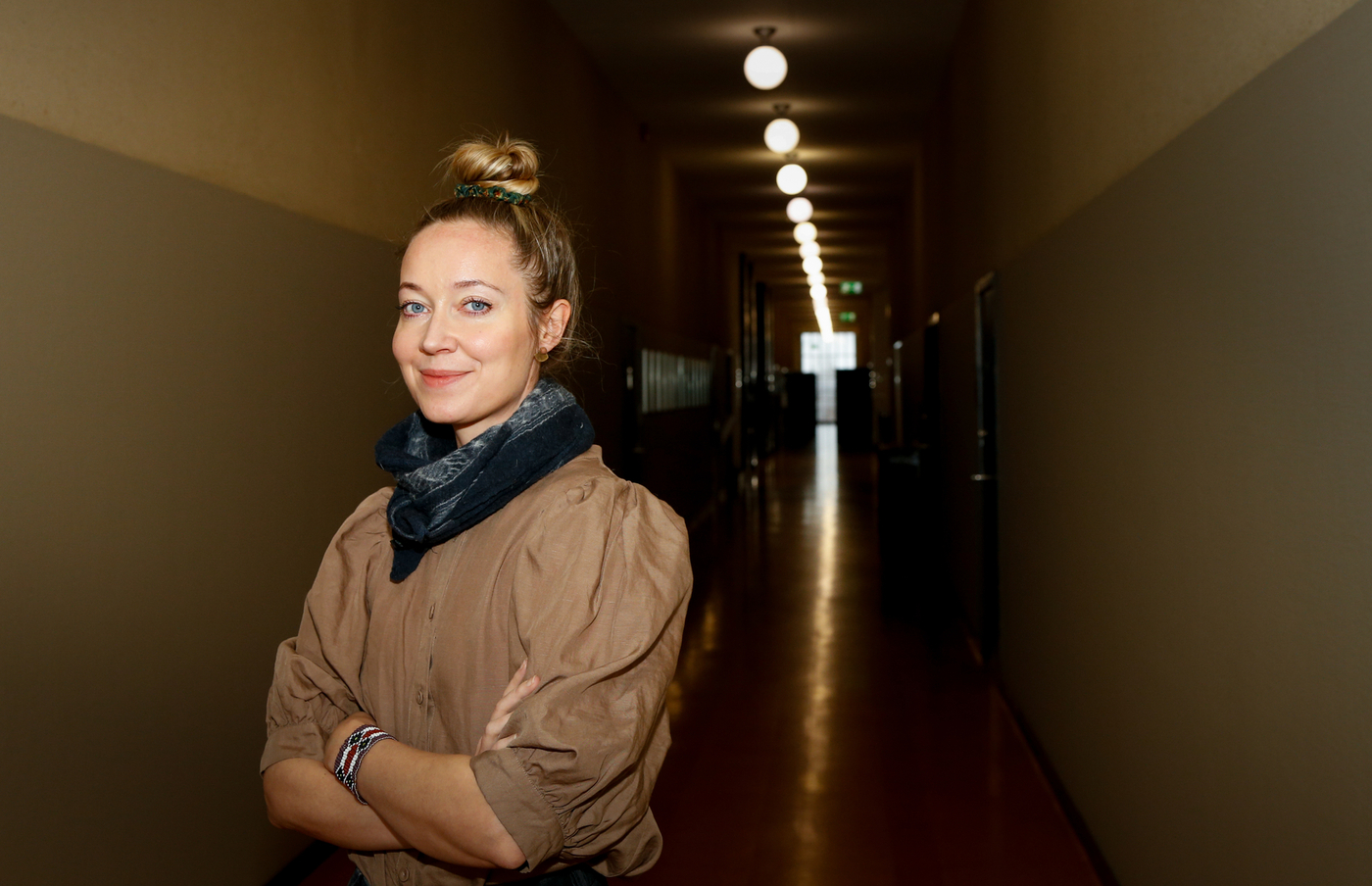Romance and rules in young people's dating world in Iceland is the subject of a study that was recently launched. The research is conducted by Unnur Edda Garðarsdóttir, adjunct lecturer at the University of Iceland's School of Education and received funding from the University of Iceland. Love as a social construct has not been widely researched in Iceland, and along with the romantic play book the focus will be on gendered dynamic in heterosexual relationships.
Conversations with a colleague sparked interest
"There are multiple reasons why I chose this research subject. First of all it is in part personal. I was in a long-term relationship when I was young and remember watching my friends making their way in the dating world and finding it fascinating. When my long-term relationship ended and I entered the dating world myself I remember vividly how the rules had changed since I was last single," Unnur Edda recalls.
She also had many conversations on the subject with her PhD supervisor, Berglind Rós Magnúsdóttir, professor at the University's School of Education. "Berglind and I have been speculating on the rules in romance and she recently conducted research on the experience and discourse of recently divorced middle aged people," says Unnur. Furthermore, her doctoral thesis is based on a larger research project on love and relationships („Ást og ástarsambönd í íslenskum síðnútíma“) conducted by Berglind Rós who has been building a new research field on love in Iceland.
Unnur is studying the rules of the dating world; but decided to focus on young people and their communication when it comes to love. "I will in part rely on Anna Guðrún Jónsdóttir's theories on love power which state that it is a bit like the labour power in Marxists theories. Anna Guðrún studies how love power can be exploited and how it is distributed among people," adds Unnur Edda.
The research is threefold. The first part will mainly be based on in-depth interviews with people between twenty and thirty. Furthermore, other participants get the beginning of a story they are supposed to finish. This method is called the story completion method, and has been widely used in recent years. The theory behind it is that it gives researchers the opportunity to study how people mould their ideas on socially constructed phenomena. Focus groups defining their gender identity in different ways then constitute the third part of the study. Unnur Edda hopes to see how a group flow will be formed in the focus groups, and whether people will even gain understanding of one another or debate different ideas.
Could be useful in curriculum for young people
Unnur Edda hopes that the study will shed light on the reality in dating among young people as well as the underlining discourse in the dating market. She envisions that the study could be both theoretical and practical. This new knowledge could be used to help young people take their first steps in romance. "We are not doing much to prepare young people for this part of being an adult in schools. The study could possibly be used to inform the curriculum for adolescents to help them find their way in romance and dating when the time comes."
Unnur Edda's doctoral project received a three year grant from the University of Iceland Research fund and her supervisor is Berglind Rós Magnúsdóttir, professor at the University's School of Education.
Author of the article: Álfheiður R. Sigurðardótti, MA-student in Journalism and Mass Communication.




